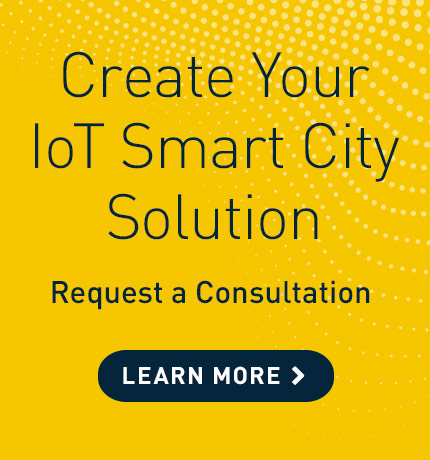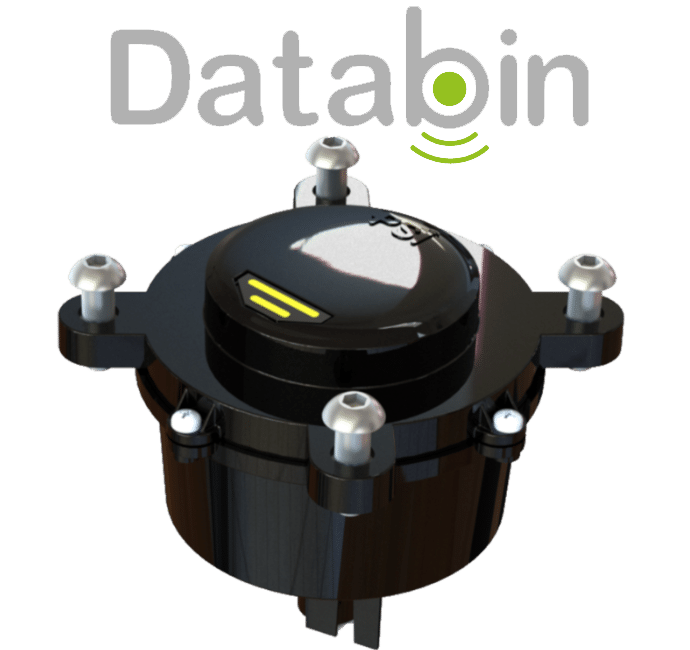
Smart city technologies help cities worldwide solve diverse and complex problems. These innovations are associated with improving traffic and conserving vital resources, such as energy and water. Scalable applications that combine smart devices with data analytics empower cities to make decisions that enhance citizens’ lives and the environment.
The smart technologies cities are deploying include:
- Curbside management
- Digital kiosks
- Streetlights
Connected applications such as these provide convenience and increased safety. Cities can integrate Internet of Things (IoT) sensors and devices to aggregate datasets and generate analytics vital to strategic planning and problem-solving.
Improper Waste Management Can Spread Disease
One of the most critical challenges for cities has been waste management systems. In the U.S., nearly 5 pounds of trash is produced per person daily. There are varying accumulation rates in countries worldwide. If managed improperly, the vast amount of waste can spread diseases through water systems and air. The Borgen Project, which focuses on access to clean water and sanitation, lists these major waterborne diseases that thrive in poor sanitation:
- Cholera: Causes between 21,000-143,000 deaths annually
- Diarrhea: Causes approximately 480,000 childhood deaths each year
- Typhoid: Infects 11 to 20 million people, causing up to 161,000 deaths annually
IoT Case Study: PSi Ecology Ltd.’s Smart Bins

Jerusalem sought to address waste management due to its population of approximately one million. The population has grown steadily since 1950, when it was under 121,000.
The city launched a campaign in 2020 with the slogan, “Keeping Jerusalem Clean.” This campaign sought to inspire mindfulness about the waste and trash problem and teach people how they can help. This effort included increasing the number of street cleaners from 180 in 2019 to more than 500 in 2020. It phased out above-ground trash collection containers and replaced them with underground bins to improve collection efficiency.
Underground trash bins have been in place in Israel since 2008. The idea of making bins smart with IoT technology evolved when PSi Ecology introduced Databin to Jerusalem. Databin utilizes smart wireless sensors inside the underground container. The sensors collect valuable data, such as available bin capacity and sensor battery life.
Collected data can be analyzed on the Databin dashboard to optimize daily operations like routing and collecting. Such data helps drivers reduce mileage and travel time. If container levels reach capacity unexpectedly, drivers receive real-time alerts to adjust their schedules accordingly.
IoT Connectivity and Modules Enable Smart Waste Management
In addition to our IoT connectivity management, SIM cards and data plans, Databin leverages cellular low-power wide-area (LPWA) technology in the ME310G1-WW IoT module. Our IoT modules and connectivity solutions enable Databin to monitor and manage its IoT deployment through one intuitive dashboard. This interface offers real-time views and drill-down features that provide cost-saving benefits. Moreover, the technology’s low power enables long battery life for the sensors, reducing maintenance costs.
The United Nations (U.N.) estimates that by 2050, 68% of the world’s population will live in urban areas. By 2030, it predicts there will be 43 megacities, most located in the developing world with more than 10 million inhabitants each. This population explosion will increase stress on our systems and resources. With IoT solutions enabling smart waste management and making cities smarter, we have a good chance of keeping people safe and healthy while tackling pressing issues.
Speak with an IoT expert to get started with IoT modules and connectivity for your IoT waste management solution.
